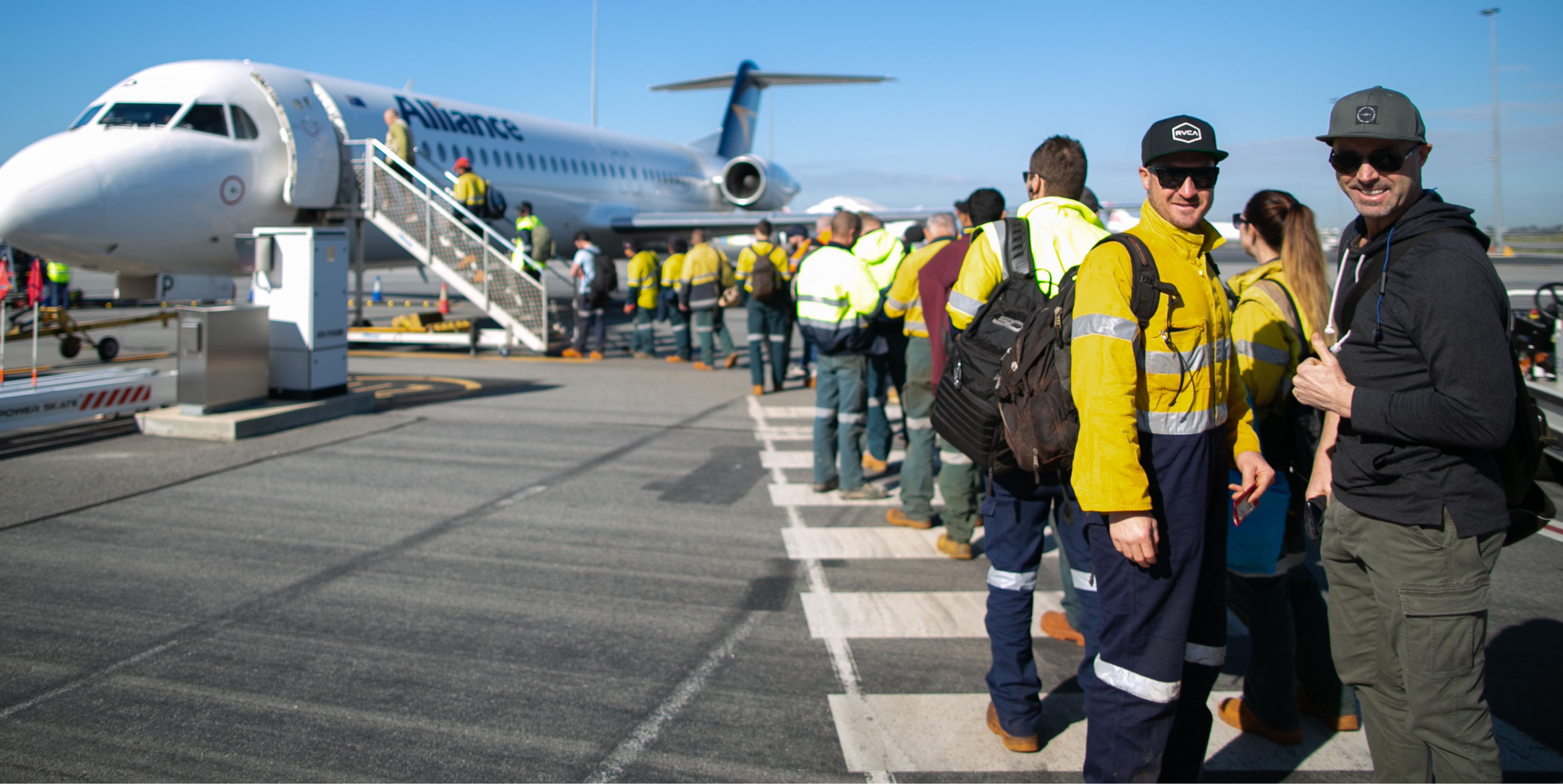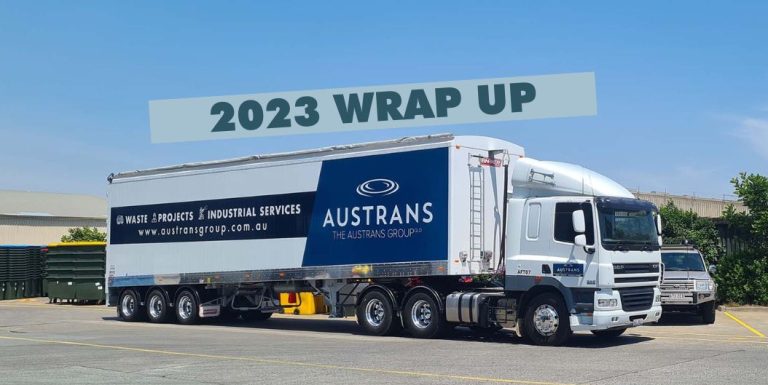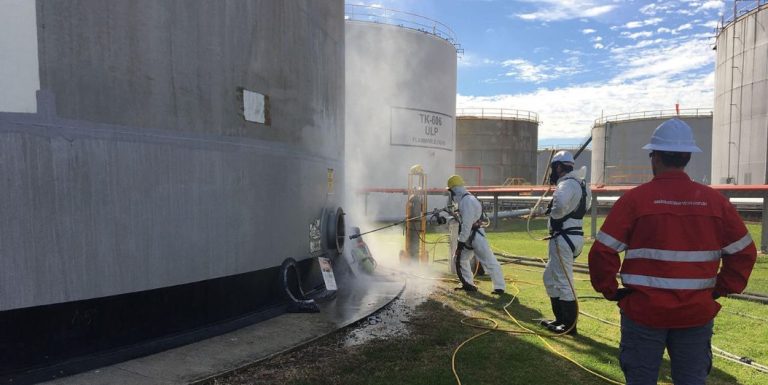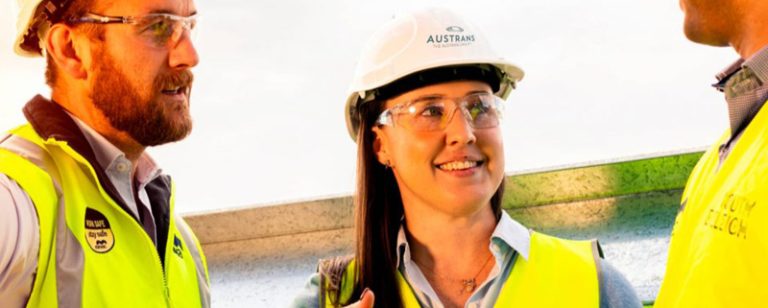Why FIFO Is Falling Out Of Favour
While many FIFO workers know that the price for high wages is long stints away from home, the appeal of these jobs can lose their shine after big life events.
In Australia, there are more than 100,000 FIFO – or ‘fly in, fly out’ – workers in Australia, and are an essential component of the mining, oil and gas industries. While other large scale projects may require similar rosters, the basic functions remain the same.
Typically, FIFO employees work in twelve hour shifts for the duration of their ‘swing’. These work blocks vary, but are often for periods of seven, fourteen or twenty-one days in one roster, followed by a similar stretch of time back at home. When on shift, the workers live in on-site catered accommodation, often in a remote environment with basic amenities.
While the primary attraction of the FIFO lifestyle is earning an incredibly good wage while having limited opportunities to spend it while on-site, all that glitters isn’t always gold, and the high wages do come at a price.
The Dark Side Of FIFO Lifestyle Rosters
Whilst the financial gains from this type of work are substantial the undesirable impact this type of work is having on individuals, couples and family units is becoming harder to ignore. What’s more, is that there’s now data to confirm it.
The FIFO lifestyle often sees workers flying out to stay in remote locations with hundreds of other men and women in basic, but fully serviced accommodation, working long hours with the opportunity to wind down after a long shift at the ‘wet mess’ with other co-workers.
This lifestyle is often far removed from the life they lead at home with partners and children, and places an enormous amount of pressure on the partner who’s still at home taking care of the kids. This is particularly relevant when the FIFO worker returns home from a long swing. While their family is thrilled to have them back and want to include them in their day-to-day activities, the reality is that the FIFO worker is a part time member of the family and still needs to rest and recuperate.
Prior to starting FIFO work, couples need to be realistic about the impact this type of lifestyle is going to have on the family. For this lifestyle to be managed successfully, it is beneficial for couples to discuss how they will approach things such as social life, parenting, contact with each other (and children) during the period away. For families with kids, the separation is often difficult for them to comprehend, which is also a factor that needs to be considered.
Even for FIFO workers who are single with no ties or responsibilities waiting for them at home, it’s important to be aware of the dangers of this type of arrangement. Independent research on mental distress in the FIFO community showed that the incidence rate is much higher amongst FIFO workers than in the general population. In fact, three recent studies have found an incidence rate linked to anxiety and depression of approximately 33%, which is significantly higher than the national average of 20%.
The reality is that while FIFO can be beneficial for people looking to knuckle down and save for a designated period of time, everybody eventually has an expiry date on how much they can tolerate being away from home. Missed birthdays, weddings and even funerals start to stack up, and being a part time participant in your own life is not something that everyone can handle indefinitely.
Thankfully, there’s never been a better time to look for alternatives. While it’s no secret that Australia is currently grappling with a wide range of skills shortages, opportunities to work closer to home on higher wages have never been more widely available. In addition, what if there was a way to apply your skills in a company that truly values work life balance?
Take The Next Step In Your Career With Austrans
Established in 1999, the Austrans Group is proudly Australian owned and operated, and is now recognised as an industry leader in hazardous waste management, industrial services, project management all over South East Queensland.
From public infrastructure to assisting in massive environmental rehabilitation and providing complete disaster recovery support, Austrans have done it all, and have the expertise to get the job done.
As our business continues to grow, we have a number of new vacancies for people who can help us to deliver our superior service-based approach. With a handful of benefits including a positive working environment, weekly pay, flexible conditions and optional overtime at penalty rates, check out our Careers page to see what working at the Austrans Group is all about.







